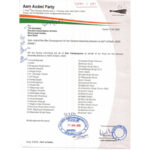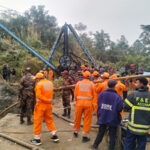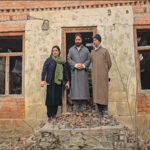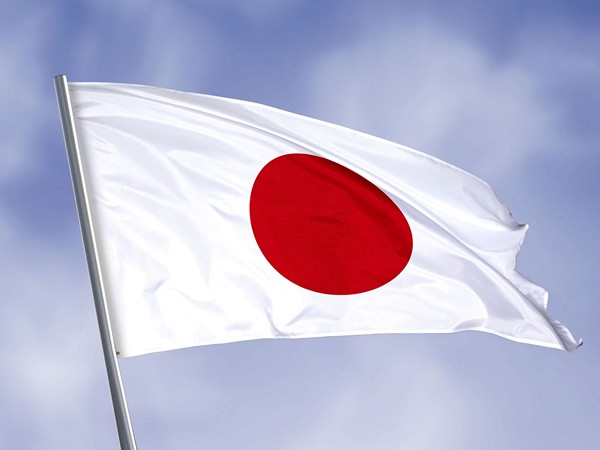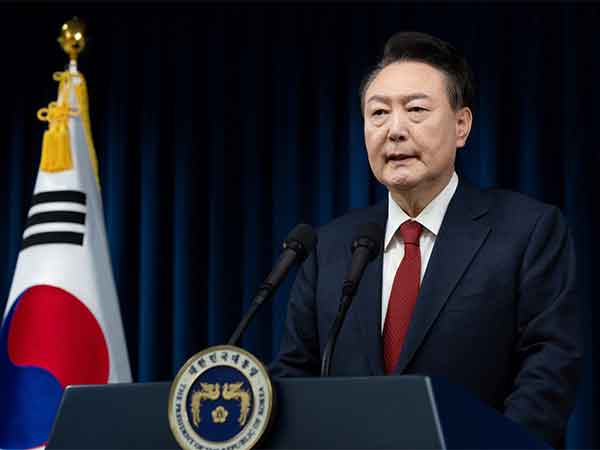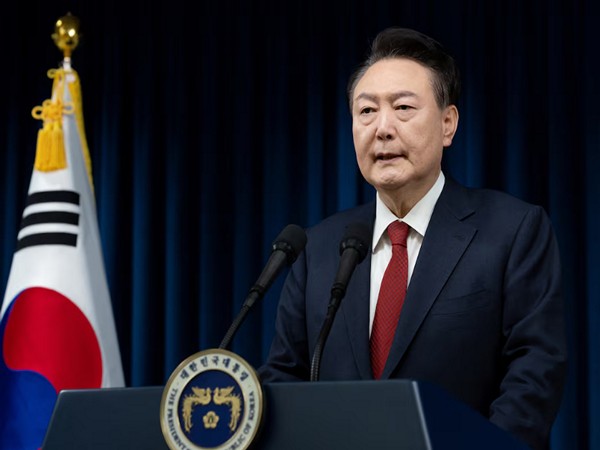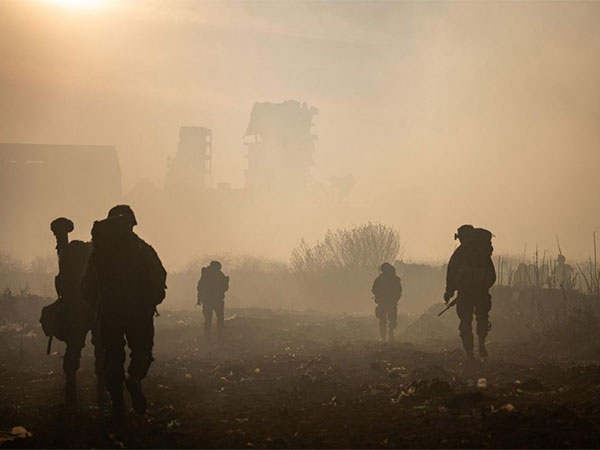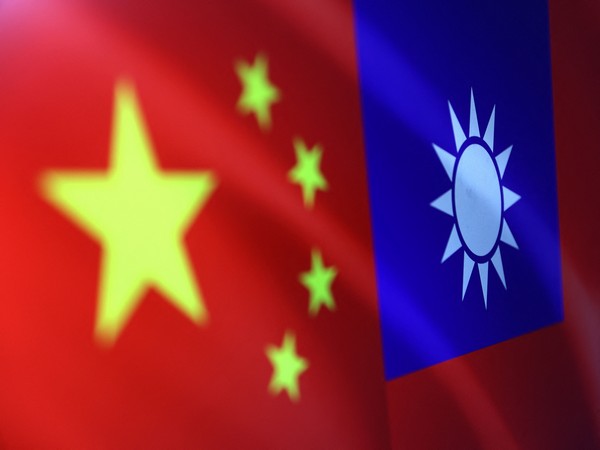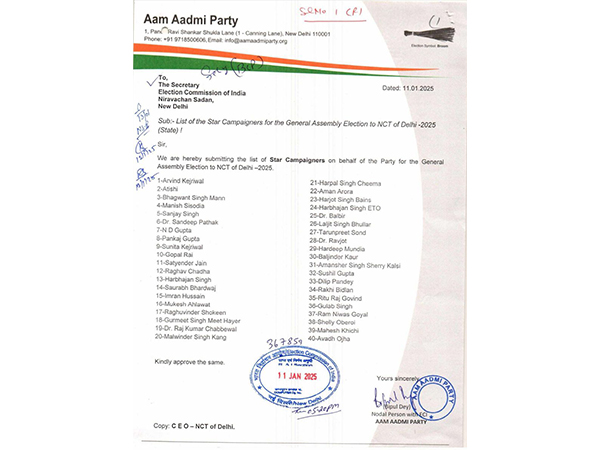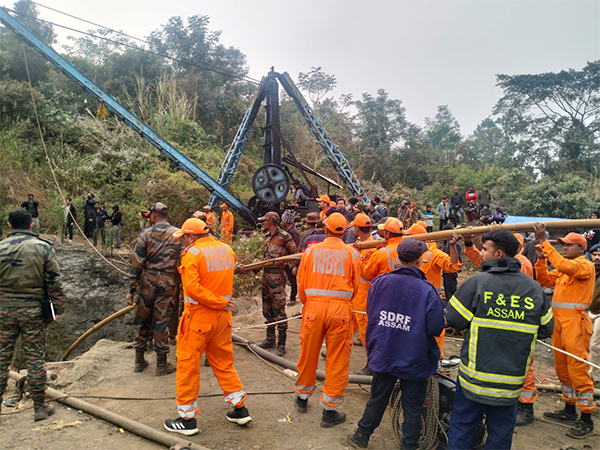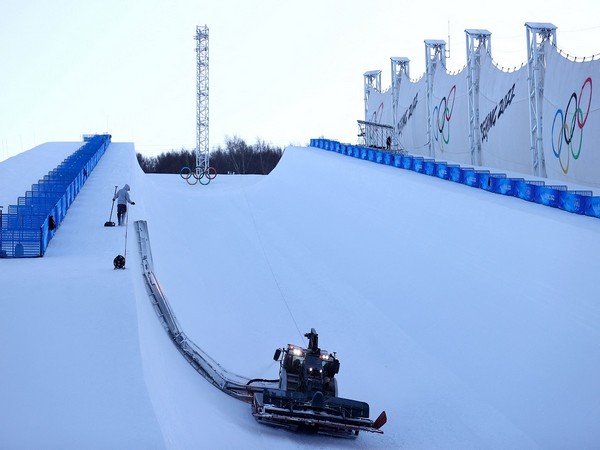
A person guides a snow plough to prepare the Halfpipe at the Zhangjiakou Genting Snow Park ahead of the Beijing 2022 Winter Olympics in Zhangjiakou, China January 29, 2022. REUTERS/Lisi Niesner - RC2X8S94TAWZ
London [UK], February 2 (ANI): China‘s plans of artificial snowfall at venues of the 2022 Beijing Winter Olympics pose a threat to the environment and could result in environmental damage, according to a media report. “When you put artificial snow in a place that does not have any natural snow at all, like Beijing, you are putting a whole lot of water into a place where that soil and those plants are not expecting it. And previous research has shown that that can be damaging to local wildlife,” Voice of America (VOA) quoted Madeleine Orr, a sports ecologist at Loughborough University, as saying. Orr co-authored a Loughborough University report which warns the future of the Winter Olympics is under threat because of climate change.
“But we also expect that when you are creating that much snow, the energy usage is extraordinary. The amount of water is extraordinary. In this Olympics, we’re expecting 49 million gallons [185 million liters] of water to be used – and that is if things go well,” Orr added. The sports ecologist also said that if authorities have a few hot days and need to create a little bit of extra snow to make up and compensate for some melt during the games, “we could see that number rise above 50 million gallons [189 million liters]”.
The Loughborough University report warns that by 2050, fewer than half of the resorts that have hosted the Winter Olympics until now will have viable snowfall, according to VOA. It came after China‘s Ministry of Ecology and Environment in January announced that it will take measures to restrict the operations of some air polluters. In northern China, meteorological conditions during this period can lead to a buildup in air pollution, reported China Daily quoting Liu Youbin, spokesperson for the Ministry of Ecology and Environment, as saying.
Liu also said that some measures will be taken to create a more favorable environment for holding the events despite the government’s claim of great improvement to air quality in the Beijing-Tianjin-Hebei province cluster in recent years. (ANI)

